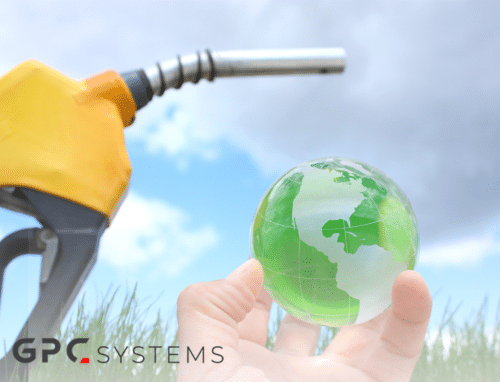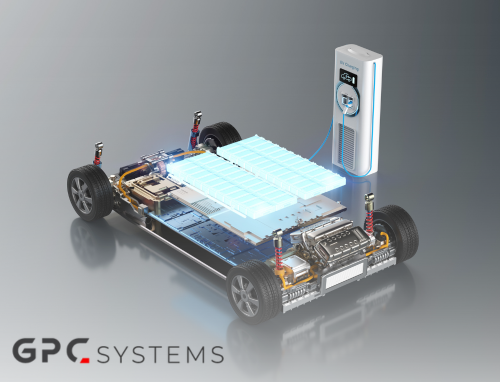
Unearthing Energy: Embracing 3 Powerful Future Fuels – Hydrogen, Biofuels, and Synthetic Fuels
In the grand tapestry of human history, few discoveries have shaped our world as profoundly as that of fuel. From the flickering flames of early campfires to the roaring engines powering our modern lives, the story of fuel is one of innovation, necessity, and adaptation.
The Dawn of Fuel: A Genesis of Energy
Fuel, in its elemental form, was first harnessed by our ancestors thousands of years ago. Early humans discovered that burning certain materials provided warmth and light. This primitive understanding laid the groundwork for the industrial revolution millennia later. The quest for more efficient and versatile sources of energy drove humanity forward.
Types of Fuel: Powering the Present
Today, our global society relies on a diverse array of fuels, each tailored to meet specific needs and challenges:
- Hydrogen Fuel Cells: Power from the Future
Hydrogen fuel cells represent the pinnacle of clean energy technology. By harnessing the chemical reaction between hydrogen and oxygen, these cells produce electricity with only water as a by-product. With zero greenhouse gas emissions and remarkable efficiency, hydrogen fuel cells are poised to revolutionise transportation and energy storage.
In the UK, Shell and BP have announced plans to establish hydrogen plants, marking a significant step towards integrating hydrogen as a mainstream fuel in the nation’s energy landscape.

- Biofuels: Nature’s Contribution
Derived from organic matter such as plants and algae, biofuels offer a renewable alternative to fossil fuels. Ethanol, produced from crops like corn and sugarcane, and biodiesel, derived from oils such as soybean and palm, are two prominent examples. Biofuels reduce carbon emissions and promote sustainability, though concerns about land use and food security remain.
Vivergo Fuels stands as the lead producer of biofuels in the UK, contributing significantly to the country’s renewable energy goals through its innovative production methods and commitment to sustainability.

- Synthetic Fuels: Engineering the Future
Synthetic fuels, or carbon-neutral fuels, are produced through chemical processes using renewable energy sources. These fuels replicate the properties of traditional fossil fuels without the associated greenhouse gas emissions. Examples include synthetic diesel and synthetic methane. Companies like Zero are pioneering advancements in synthetic fuel production, offering promising solutions for sectors where electrification is challenging.

A Comparative Insight: The Road Ahead
As we stand at the crossroads of energy evolution, the choice of fuels will profoundly impact our future. Hydrogen fuel cells offer unparalleled clean energy potential but require substantial infrastructure development. Biofuels leverage natural processes but demand careful management of resources. Synthetic fuels promise carbon neutrality but necessitate scaling up production technologies.
Navigating the Future: Towards a Sustainable Tomorrow
The trajectory of global energy consumption is clear. A shift towards renewable and sustainable fuels is not just desirable but imperative. Governments, industries, and individuals must collaborate to accelerate the adoption of clean energy solutions. Investments in research, infrastructure, and policy frameworks are crucial for realising this vision.
Conclusion
In conclusion, the evolution of fuel from its ancient origins to its pivotal role in modern society underscores its enduring significance and the challenges it presents. As we stand at the precipice of a pivotal moment in energy transition, embracing innovative fuels such as hydrogen, biofuels, and synthetic fuels is crucial for navigating towards a sustainable future. These alternatives not only promise to mitigate the environmental impact of traditional fossil fuels but also offer pathways to enhance energy security and foster economic growth.
However, the journey towards widespread adoption of these innovative fuels is fraught with challenges. Overcoming technological barriers, scaling up production capabilities, and establishing supportive regulatory frameworks are essential steps in realising their potential. Moreover, ensuring that these fuels contribute to a net reduction in greenhouse gas emissions requires careful consideration of their entire lifecycle impacts, from production to end use.
Nevertheless, the momentum towards a greener energy landscape is palpable. International cooperation, coupled with robust investment in research and development, will be critical in accelerating this transition. By harnessing the collective ingenuity and determination of global stakeholders, we can forge a path towards a cleaner, more resilient energy future. In doing so, we not only safeguard the planet for future generations but also unlock new opportunities for innovation and prosperity on a global scale.
At GPC join us on this journey as we fuel the future together.

